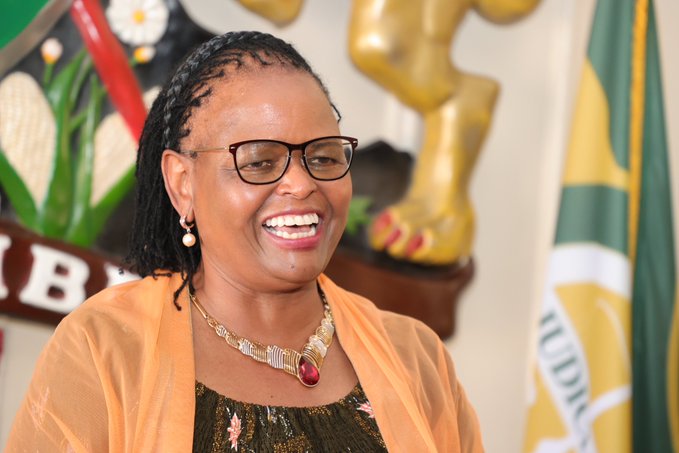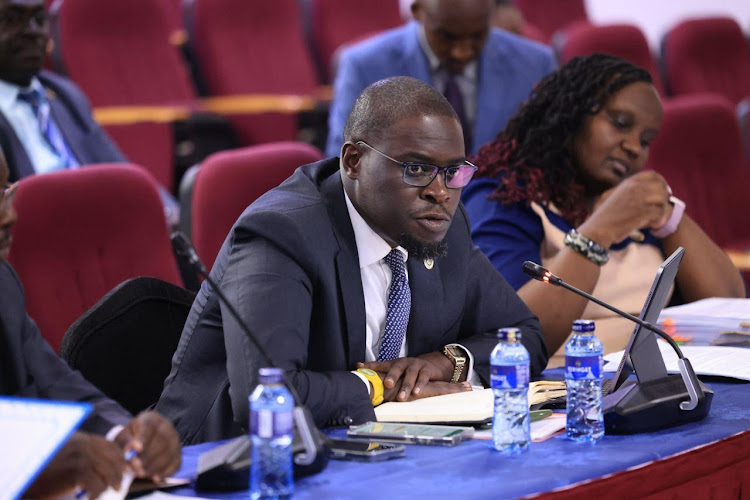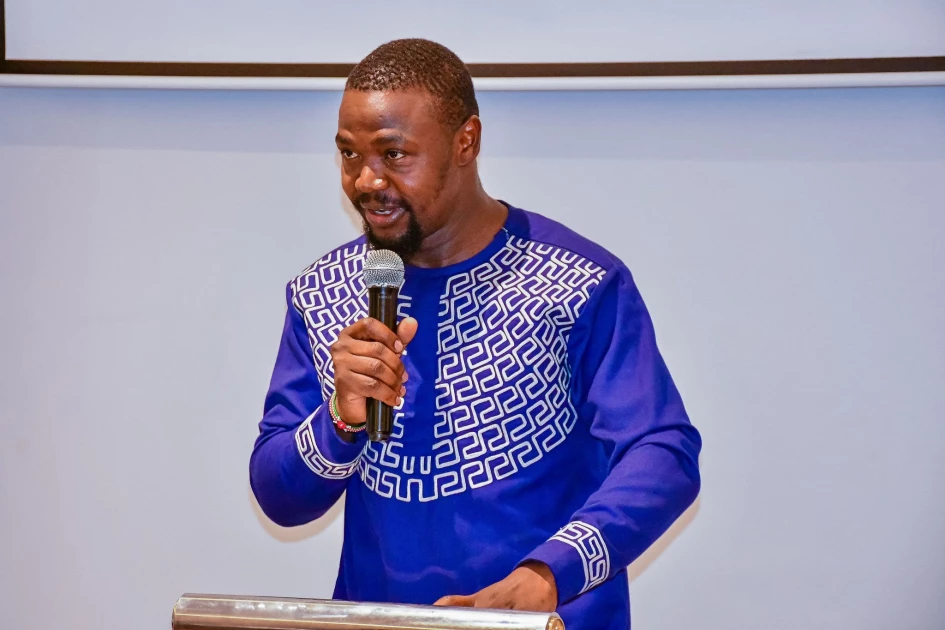By The Weekly Vision Team
President William Ruto is facing sharp criticism for allegedly undermining the independence of the judiciary, just two years after presenting himself as a champion of the rule of law. A newly released report, Upholding Judicial Independence in Kenya, highlights how political threats and attacks from both the government and the opposition have negatively impacted the delivery of justice in Kenya.
The report notes that Ruto’s administration first clashed with the judiciary when the courts struck down the housing levy last year. More recently, the judiciary faced backlash when the Kenya Kwanza government decided to deploy police officers for a peacekeeping mission in Haiti. Opposition leader Raila Odinga also faced scrutiny, as the report mentions his objection to a meeting between Chief Justice Martha Koome and government leaders, citing concerns that such interactions could threaten judicial independence.
According to the report, government-allied politicians continued to attack the judiciary in 2023 whenever court rulings opposed actions taken by the Ruto administration. The judiciary recently came under fire for questioning why Parliament ignores public petitions. Published by the Friedrich Naumann Foundation, the report underscores that the executive’s frequent disregard for court orders undermines the authority of the judiciary, jeopardizing the balance of power within the government.
The report emphasizes that ignoring court judgments renders judicial independence meaningless, as political influence often overrides legal rulings. “Politicians struggle to accept that their powers must be exercised within legal boundaries,” the report states, adding that courts have a duty to intervene when legal norms protecting individual rights are violated. Yet, courts and judges are often seen as obstacles to government initiatives, which are assumed to be beyond scrutiny. Even President Ruto has publicly stated that he would not honour court orders that hinder government projects.
To protect the integrity and independence of the judiciary, the report stresses the importance of formal regulations governing the transfer of judges. Without clear guidelines, the process can become arbitrary and subject to manipulation, undermining judicial impartiality. The report cites the recent transfer of Justice Mugure Thande from the Constitutional and Human Rights Division to the Malindi High Court, shortly after she temporarily halted the collection of taxes under the 2023 Finance Act as a case in point. Such transfers, the report argues, should be based on objective criteria like performance and judicial needs, not political pressure.
The report also draws attention to the judiciary’s vulnerability to corruption, noting that allegations of corruption within the courts erode public trust and weaken the judiciary’s ability to hold the government accountable. Citing cases like those of judges Joseph Mutava and Said Chitembwe, the report highlights how corruption claims often surface in the later stages of proceedings and are sometimes withdrawn, but the perception of corruption persists.
Additionally, the report touches on the violence faced by judicial officers in the line of duty, referencing the recent fatal shooting of Magistrate Monica Kivuti as a stark reminder of the risks judges face and their reliance on other branches of government for security. Friedrich Foundation Country Director Stefan Schott emphasized that these issues reflect real attempts to weaken the judiciary’s role as a check on power and protector of citizens’ rights. Schott warned that politicians use the power of the state to undermine judicial officers when rulings go against their interests, resorting to threats, budget cuts, blocking appointments, and public denunciations of judges.
“When justice is perceived as being for sale, trust in the system crumbles, public officials avoid accountability, and the rule of law becomes an empty promise,” Schott remarked. He added that arbitrary transfers and accusations of corruption within the judiciary further erode public confidence.
Addressing the All Africa Judges and Jurists Summit, Chief Justice Martha Koome called for adequate budgetary allocations to African judiciaries, emphasizing that financial independence is key to maintaining judicial integrity.
“Without proper budgetary support, you cannot hire judges, build infrastructure, or equip the judiciary to fulfill its mandate,” she said. CJ Koome also suggested that summit members pursue observer status at the African Union (AU) to advocate for judicial independence across the continent, which she views as essential for safeguarding democracy.





